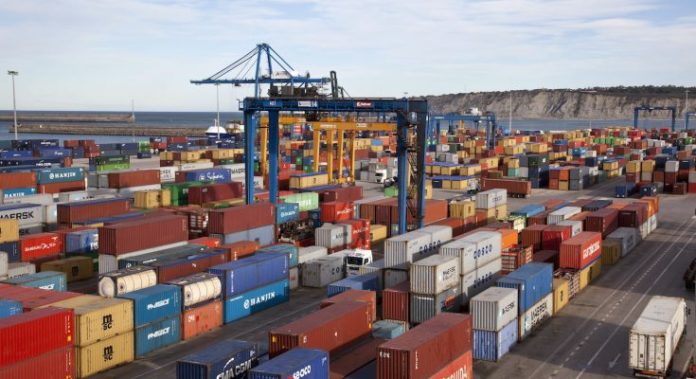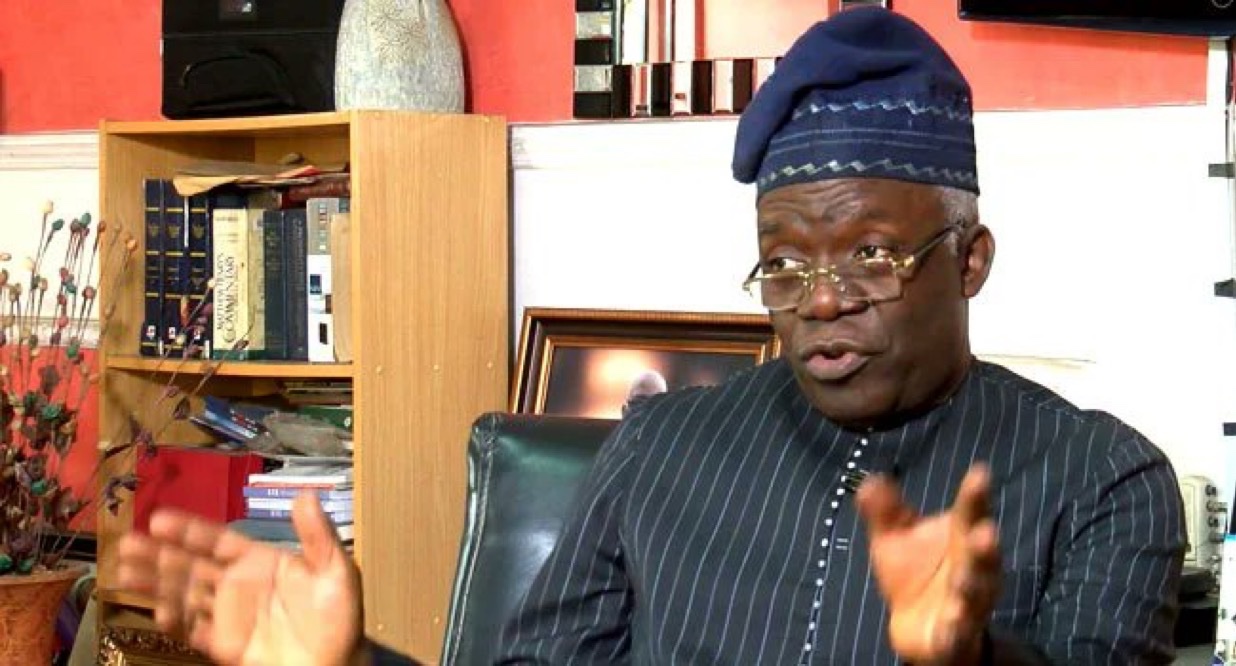
Nigeria Records Sharp Drop in Inflation as NBS Confirms August Rate at 20.12%

Nigeria’s economy received a wave of cautious optimism in August 2025 as the National Bureau of Statistics (NBS) revealed that the nation’s inflation rate has declined to 20.12 percent, compared to the 21.88 percent recorded in July 2025. This development marks one of the steepest single-month declines in recent years, sparking discussions across economic, political, and social spaces about whether the country is finally beginning to reap the benefits of recent monetary and fiscal reforms. The news, while greeted with relief, has also been met with skepticism from households and businesses still struggling with high food prices, energy costs, and a generally tight economic environment.
According to the NBS Consumer Price Index (CPI) report, the 1.76 percentage point decrease reflects slowing price pressures in key sectors, particularly food, transportation, and energy, where government interventions and seasonal agricultural surpluses have begun to ease supply constraints. Analysts suggest that the decline could be linked to improved agricultural yields in the Northern and Middle Belt regions following favorable rainfall patterns, coupled with increased efforts by the government to curb smuggling and stabilize market supply chains. The result, they argue, is a modest but significant cooling of inflationary pressures that had reached alarming highs earlier in the year.
The Central Bank of Nigeria (CBN), which has been implementing a cocktail of aggressive policies including higher interest rates, foreign exchange reforms, and tighter money supply management, has hailed the drop as a vindication of its strategies. A spokesperson for the CBN noted that while the rate remains uncomfortably high, the August data shows that the trajectory is moving in the right direction. “This decline is a signal that the economy is responding positively to interventions aimed at stabilizing prices. We are not out of the woods yet, but this is progress,” the official said.
President Bola Ahmed Tinubu’s administration has also been quick to highlight the figures as proof of its economic management. Government officials have pointed to recent measures such as fertilizer distribution programs, targeted interventions in the power sector, and stricter oversight of fuel distribution as critical steps that helped moderate inflationary trends. In particular, the government’s controversial decision to maintain partial subsidies in the energy sector, despite earlier plans to fully deregulate, has been cited as a factor that temporarily slowed rising energy costs. Critics, however, caution that such measures may not be sustainable in the long term and could complicate fiscal planning.
For ordinary Nigerians, the announcement of a reduced inflation rate has been met with mixed feelings. While some consumers acknowledge slight relief in the prices of staple goods such as yam, maize, and rice, many argue that the cost of living remains far above what their incomes can comfortably support. Traders in Lagos and Abuja say that while wholesale prices of certain food items have dipped, retail buyers still face stiff prices due to transportation costs and middlemen in the supply chain. A market woman in Mile 12 market told reporters that although the cost of onions and tomatoes has eased slightly, cooking oil, bread, and protein sources remain painfully expensive.
Businesses, especially small and medium enterprises (SMEs), are also cautiously optimistic. The drop in inflation theoretically means less pressure on input costs, but many entrepreneurs argue that structural challenges like power shortages, high interest rates, and volatile foreign exchange markets continue to squeeze their operations. Manufacturers in particular remain wary, warning that the cost of raw materials, many of which are imported, has not seen a proportional decline, making it difficult for the inflation slowdown to translate into real relief on production lines.
International observers and investors have also been closely watching Nigeria’s inflation trends, as the country’s macroeconomic stability is critical to attracting foreign capital. The decline in August has been seen as a positive signal, but financial analysts abroad note that Nigeria’s inflation remains one of the highest among Africa’s largest economies. With Ghana, South Africa, and Kenya all reporting lower rates in recent months, Nigeria’s ability to sustain this downward trend will be a key determinant of investor confidence. Multilateral institutions such as the World Bank and the International Monetary Fund (IMF) are expected to update their economic outlooks for Nigeria in light of the new data, with some experts predicting that the country could see further reductions if reforms continue.
Despite the encouraging numbers, questions remain about the durability of this inflation slowdown. Seasonal factors such as harvest periods often provide temporary relief, but as the year progresses into the festive season, demand-driven pressures may push prices back up. Additionally, persistent insecurity in agricultural regions, lingering effects of subsidy reforms, and exchange rate volatility pose significant risks to sustained stability. Economists warn that unless structural reforms are deepened, the inflation rate could rise again, erasing the gains recorded in August.
Political reactions have been predictably divided. Members of the ruling party have lauded the figures as evidence that their policies are working, urging Nigerians to remain patient as the government steers the economy toward stability. Opposition leaders, however, accuse the administration of using statistical improvements to mask the lived reality of millions of citizens. They argue that unemployment, poor infrastructure, and declining purchasing power still define the daily lives of Nigerians, and that a reduction on paper means little if it is not felt in households across the country.
Economists and civil society groups have called for a balanced approach to interpreting the new figures. While acknowledging the significance of the drop, they emphasize that Nigeria still faces a long road to economic recovery. They argue that beyond macroeconomic indicators, the government must prioritize policies that directly alleviate hardship, including job creation, wage adjustments, and improvements in public services. Without these, the inflation decline risks being a statistical victory rather than a tangible improvement in people’s lives.
As the nation digests the NBS report, one thing is clear: the 20.12 percent inflation rate in August 2025 marks an important moment in Nigeria’s economic journey. Whether it is the beginning of a sustained trend or a temporary reprieve remains to be seen. For now, it provides a glimmer of hope in a period of prolonged economic strain, offering both government and citizens a moment of cautious optimism that the tide may, finally, be beginning to turn.

